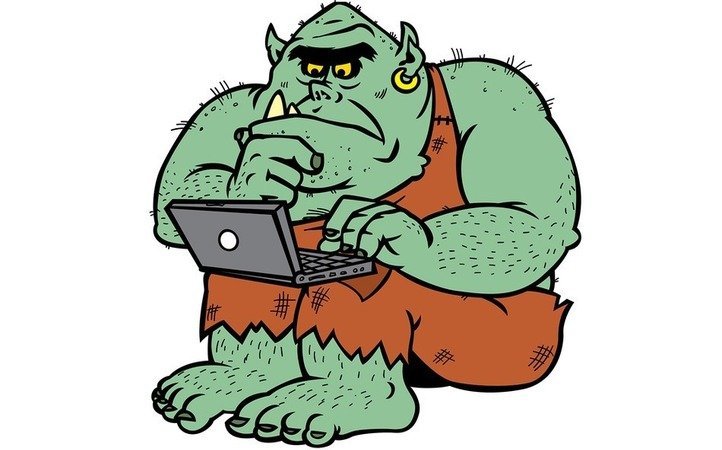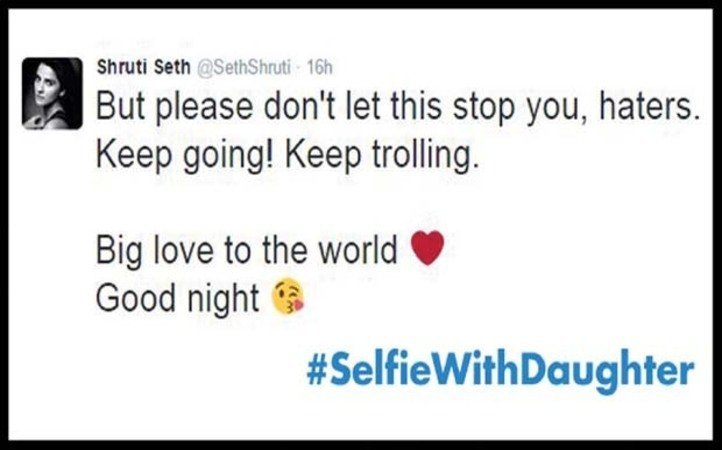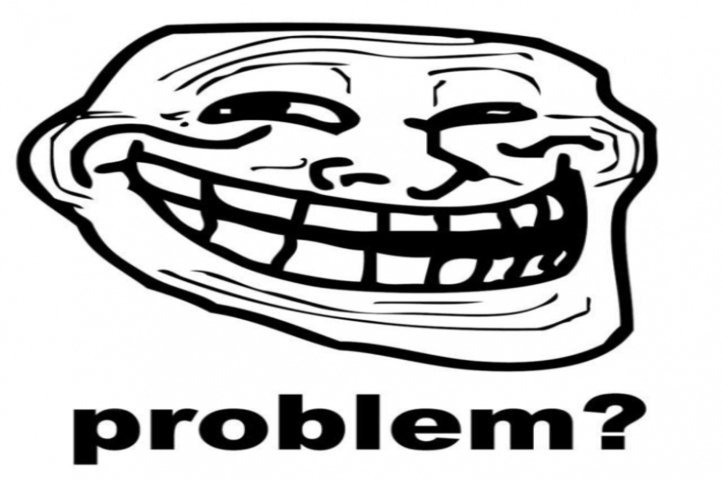In the past few years there has been an explosion in terms of usage and content being published on the social media. The internet has become a space where people post everything from selfies to opinions. More content means more opinions and more opinions mean more reactions. Reactions lead to arguments which can easily escalate into heated exchanges on Facebook or go public further with Twitter battles.

Social media posts and similarly their reactions can be abusive, racist to outright inflammatory. Trolling and cyber-bullying often show the ugly face of the outreach that such spaces enjoy.
New Zealand makes it illegal
In a decisive yet controversial move, New Zealand has passed a law that makes trolling and cyber-bullying a criminal offense. So now, the random stranger trolling or abusing an individual on the social media in an argument over Justin Bieber or the person posting nude pictures in a public space will be prosecuted under the law in New Zealand.

Under the ‘Harmful Digital Communication Bill’, causing serious emotional distress can land a person in prison for up to two years. Apart from this an agency will be set up to work with social media companies like Facebook and Twitter to seek out and remove abusive and indecent content within a period of 48 hours. This means that misogynists, religious fanatics, hate mongers and many more will not be deprived of the sadistic pleasure they gain from insulting people.
A serious concern
In this day and age most people in the developed and developing world are connected to the internet and are active on major spaces such as Facebook, Twitter or Instagram. Whenever a picture or a post which is offensive to a certain group is put up, the reactions can easily turn abusive which can contain references from a person’s race or even a religious community. Stereotyping people and character assassination of women is the existing trend.
Does India need it too?
While Twitter is known for the occasional exchange of words between celebrities, there are instances when these celebs were abused and insulted in full public view by random strangers or even other celebrities. In one well known case involving Maria Sharapova, Sachin Tendulkar fans across India took the internet by storm and started abusing and degrading the tennis star’s image for a trivial matter.

In India, very recently actress Shruti Seth was abused and bullied by thousands of BJP supporters across the social media for coming out with her disapproving views of a campaign promoted by the Prime Minister. The matter made a lot of news and Seth even wrote an open letter in a bid to confront those who tried to bully her. Given that we are a country where abusing on the social media can be a no holds barred affair and can very well spill out of the digital space, it is crucial that some regulations must be set for internet users.
Freedom of speech?
But wait, though the move by the authorities in New Zealand is a bold one and does serve to draw the line between arguing and abusing, it can also be legitimately seen as a way to curb freedom of speech. The debate surrounding freedom of speech has been raging on for quite some time now and it also covers the kind of speech exchanged on the social media. The law can also be seen as a state over reach and can easily misused by certain groups.

It is difficult to ascertain the difference between what might be perceived as offensive. While this is a move aimed at protecting free speech and expression, ensuring that the regulation is not misused to hinder the same is akin to walking a tightrope. While New Zealand has criminalised cyber-bullying, India as a country did away with a law which allowed detention of people over posts on the Internet.
A slippery slope?
While the scrapped Indian law was considered draconian, and rightly so, the one introduced by New Zealand seems like a positive move. The important thing to keep in mind is that while abusive behaviour needs to be prevented, opinions expressed in a dignified manner should not be gagged. Perhaps that is a difference which distinguishes a necessary regulation from a draconian diktat.

A lot can be said for and against the limits being chalked out for Internet content, but there is definitely a need to draw a line between expressing one’s views and trying to intimidate or abuse an individual.

















